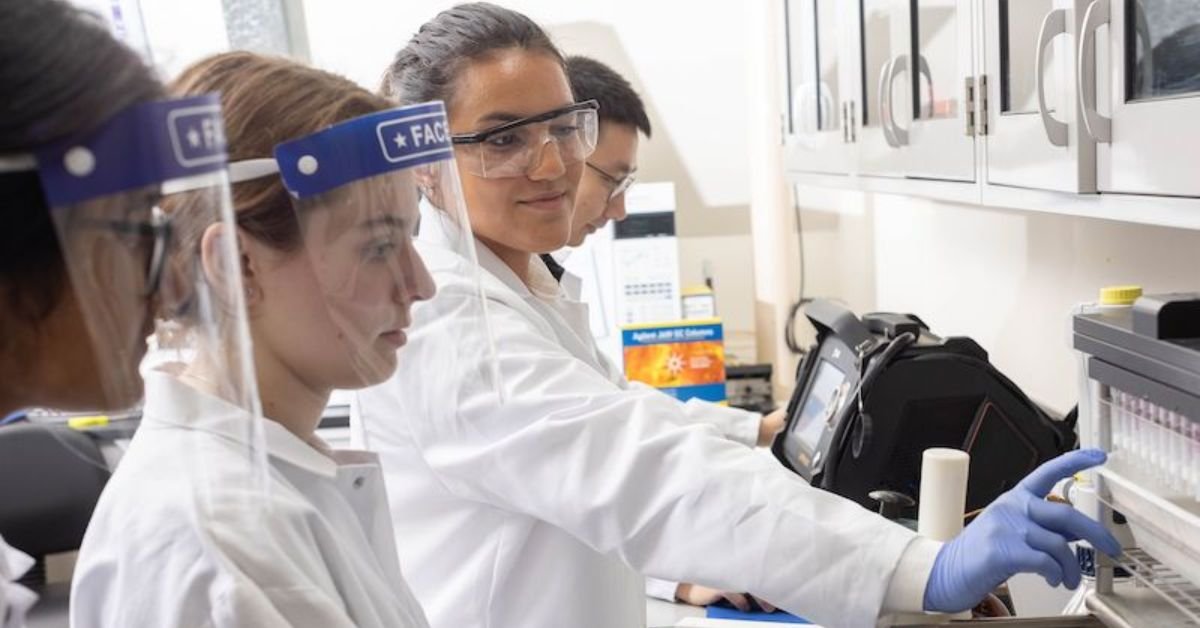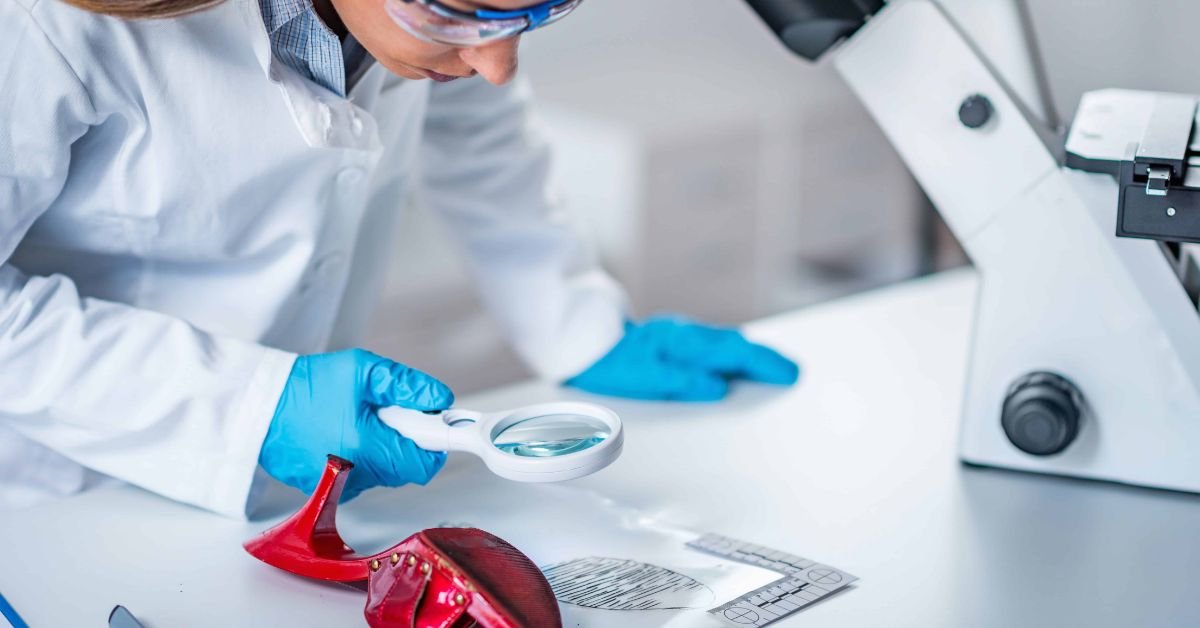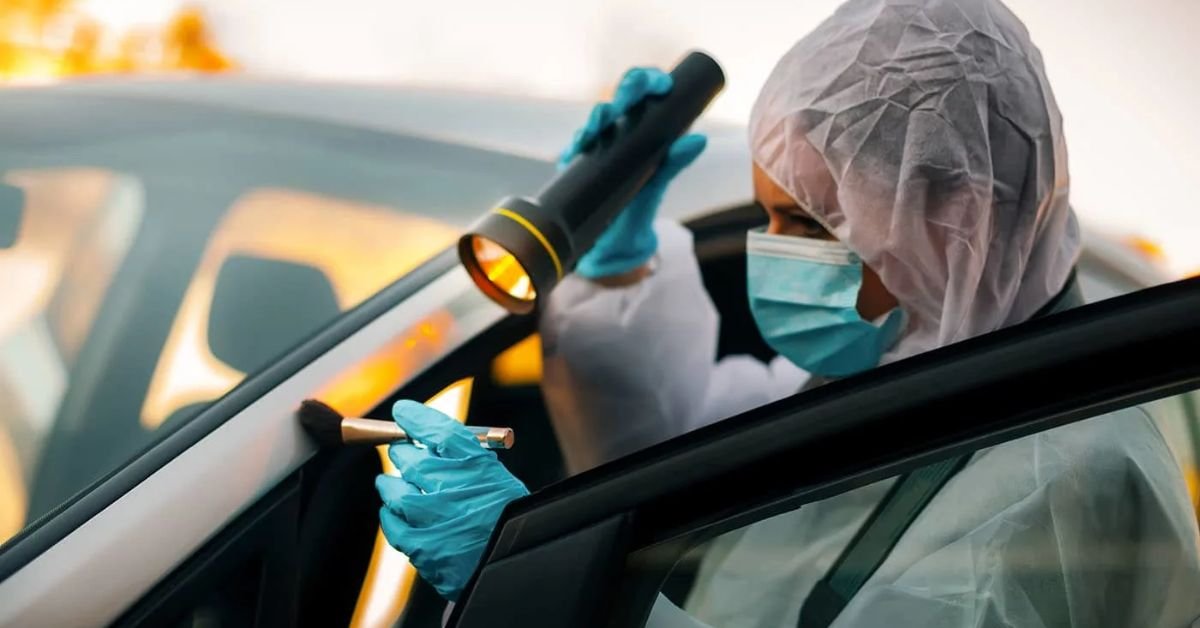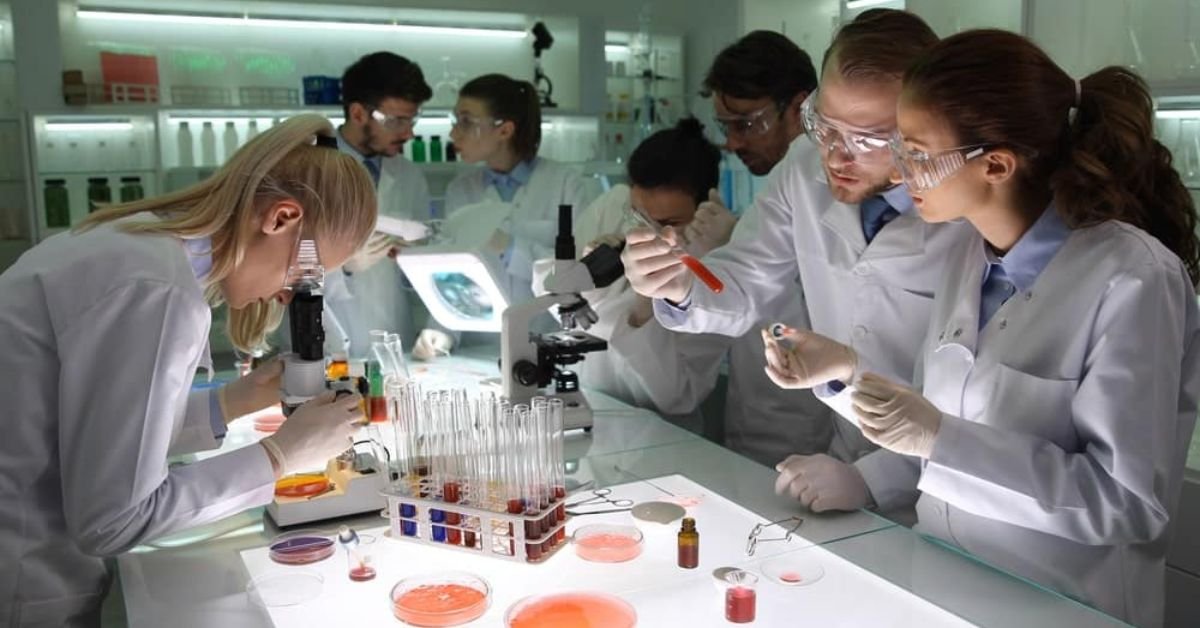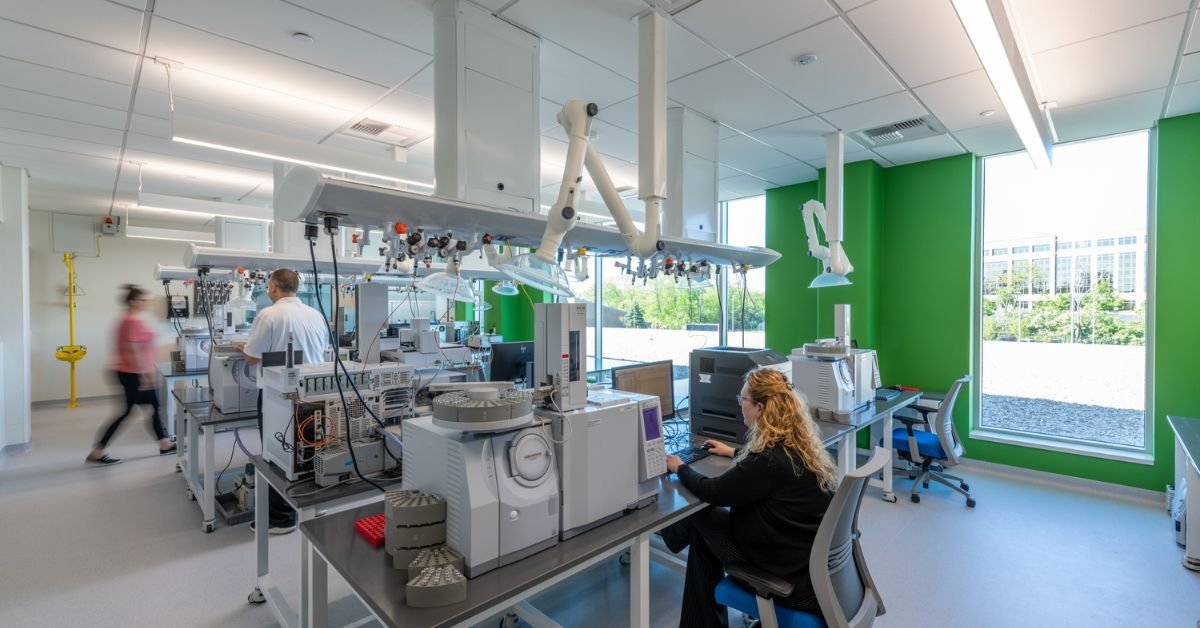Forensic investigators play a critical role in the medicolegal field by collecting, analyzing, and interpreting evidence related to criminal cases, accidents, or other legal matters. In Florida, forensic investigators are often employed by law enforcement agencies, medical examiners’ offices, private firms, or federal organizations. This career path requires a unique set of skills, knowledge, and qualifications, which vary depending on the area of specialization and the employing agency. This article outlines the necessary steps, qualifications, and career development for forensic investigators in Florida.
1. Overview of Forensic Investigation in Florida
Forensic investigation in Florida involves the application of scientific techniques and methods to solve crimes and uncover truths that are crucial in legal proceedings. The work can span various disciplines, including crime scene investigation (CSI), forensic pathology, forensic anthropology, toxicology, and digital forensics. Forensic investigators in Florida work under the oversight of state agencies such as the Florida Department of Law Enforcement (FDLE), local law enforcement agencies, and county medical examiner offices.
2. Educational Requirements
To become a forensic investigator in Florida, a solid educational foundation in criminal justice, forensic science, or a related field is necessary.
| Degree | Description | Institutions Offering Programs |
|---|---|---|
| Bachelor’s Degree | A minimum requirement in criminal justice, forensic science, biology, or chemistry. | University of Central Florida (UCF), Florida Gulf Coast University (FGCU) |
| Master’s Degree (Optional) | Advanced education in forensic science or criminal justice to specialize in certain areas. | University of South Florida (USF), Florida State University (FSU) |
- Bachelor’s Degree: A minimum of a bachelor’s degree in criminal justice, forensic science, biology, or chemistry is typically required. Many institutions in Florida offer specialized degree programs in forensic science, such as the University of Central Florida (UCF) or Florida Gulf Coast University (FGCU), which provide courses focused on forensic investigation techniques, criminal law, and laboratory analysis.
- Graduate Education (Optional): Some forensic investigators pursue advanced degrees, such as a master’s degree in forensic science or criminal justice, to increase their expertise and career prospects. This can be particularly beneficial for those seeking leadership roles or specialized positions within medical examiner’s offices or federal agencies.
3. Key Skills and Qualifications
Forensic investigators need a combination of technical skills and personal attributes to succeed in their roles. The following are some essential skills and qualifications:
| Skill/Qualification | Description |
|---|---|
| Attention to Detail | Ability to observe, document, and analyze evidence accurately. |
| Analytical Skills | Assessing evidence from various perspectives using scientific methods. |
| Communication Skills | Writing detailed reports and presenting findings in court. |
| Knowledge of Florida Laws | Understanding state laws such as the Florida Statutes on forensic science and criminal procedures. |
Forensic investigators must be knowledgeable in Florida’s criminal laws and procedures. They should be familiar with Florida’s Criminal Procedure Rule (Fla. R. Crim. P.) and Public Records Law, which govern evidence handling and legal processes. Additionally, knowledge of the Florida Statutes related to forensic science, such as Chapter 406 (Medical Examiners) and Chapter 918 (Forensic Services), is crucial for compliance with legal requirements.
4. Certifications and Training
While not always mandatory, certain certifications can enhance a forensic investigator’s credentials and increase career opportunities.
| Certification | Issued By | Description |
|---|---|---|
| Certified Crime Scene Investigator (CCSI) | American Board of Criminalistics (ABC), International Association for Identification (IAI) | Demonstrates proficiency in crime scene investigation. |
| Forensic Specialist Certifications | Various recognized forensic agencies | Specialized certifications in areas such as toxicology or anthropology. |
| Training Programs | Florida Department of Law Enforcement (FDLE) | Training for law enforcement professionals including forensic investigators. |
- Certified Crime Scene Investigator (CCSI): Offered by organizations like the American Board of Criminalistics (ABC) or the International Association for Identification (IAI), this certification demonstrates proficiency in crime scene investigation.
- Forensic Specialist Certifications: Investigators can also obtain certifications in specialized areas such as forensic toxicology, forensic anthropology, or digital forensics.
- Training Programs: Florida offers several training programs for aspiring forensic investigators. The FDLE Criminal Justice Professionalism Program provides certification and training for law enforcement officers, including forensic investigators. Additionally, hands-on training through internships or entry-level positions with police departments, sheriff’s offices, or state agencies helps build practical experience.
5. Career Opportunities and Employment
Forensic investigators in Florida can pursue various career paths, depending on their area of interest and specialization.
| Employer Type | Job Roles | Examples |
|---|---|---|
| Local and State Agencies | Crime scene investigations, evidence analysis, and forensic support | Police Departments, Florida Department of Law Enforcement (FDLE) |
| Medical Examiner Offices | Investigating causes of death, assisting in autopsies | Miami-Dade Medical Examiner, Broward County Medical Examiner |
| Federal Agencies | Specialized forensic investigations | FBI, ATF, U.S. Marshals Service |
| Private Sector | Forensic consulting, litigation support, expert testimony | Private forensic firms, legal consulting agencies |
Forensic investigators can work for law enforcement agencies, medical examiner offices, federal organizations, or private companies that provide forensic analysis and consulting services. In Florida, many law enforcement agencies employ forensic experts to investigate crime scenes, analyze physical evidence, and assist in solving complex criminal cases.
6. Salary Expectations and Job Outlook
According to the U.S. Bureau of Labor Statistics (BLS), forensic science technicians, a group that includes forensic investigators, earned a median annual salary of approximately $60,590 in 2023. However, salaries can vary based on location, experience, and the specific employer. In Florida, the salary range typically falls between $50,000 and $75,000, with positions in larger metropolitan areas like Miami and Tampa generally offering higher salaries.
The demand for forensic investigators in Florida is expected to grow due to the increasing complexity of criminal investigations and advancements in forensic technology. As law enforcement agencies and medical examiner offices continue to expand their capabilities, the need for qualified forensic professionals is anticipated to rise.
7. Legal and Ethical Considerations
Forensic investigators in Florida must adhere to a strict code of ethics and legal standards to ensure the integrity of their work. The Florida Department of Law Enforcement (FDLE) sets guidelines for forensic practices to maintain the highest standards of accuracy and reliability. Forensic investigators must also comply with Florida’s public records laws and ensure that all evidence is properly documented and maintained according to state and federal rules.
Furthermore, forensic investigators may be required to testify in court as expert witnesses. Therefore, they must be well-versed in legal procedures and prepared to present their findings in a clear, credible, and unbiased manner.
Conclusion
Becoming a forensic investigator in Florida is a rewarding and dynamic career path that requires a combination of formal education, specialized training, and practical experience. Whether working for local law enforcement, a medical examiner’s office, or a private sector firm, forensic investigators play a vital role in the criminal justice system. With ongoing advancements in forensic technology and a growing need for expertise in evidence analysis, this profession offers a promising and impactful career for those committed to justice and scientific investigation.
For more information about forensic investigator roles and resources in Florida, aspiring professionals can consult agencies such as the Florida Department of Law Enforcement (FDLE), the Florida Medical Examiners Commission, and state and local law enforcement agencies.
References
- Florida Department of Law Enforcement (FDLE). (n.d.). Criminal Justice Professionalism Program. Retrieved from https://www.fdle.state.fl.us
- Florida Statutes, Chapter 406 – Medical Examiners. (2023). Retrieved from https://www.leg.state.fl.us/statutes/
- Florida Statutes, Chapter 918 – Forensic Services. (2023). Retrieved from https://www.leg.state.fl.us/statutes/
- U.S. Bureau of Labor Statistics. (2023). Forensic Science Technicians. Retrieved from https://www.bls.gov/ooh/legal/forensic-science-technicians.htm

